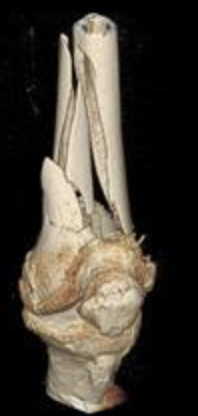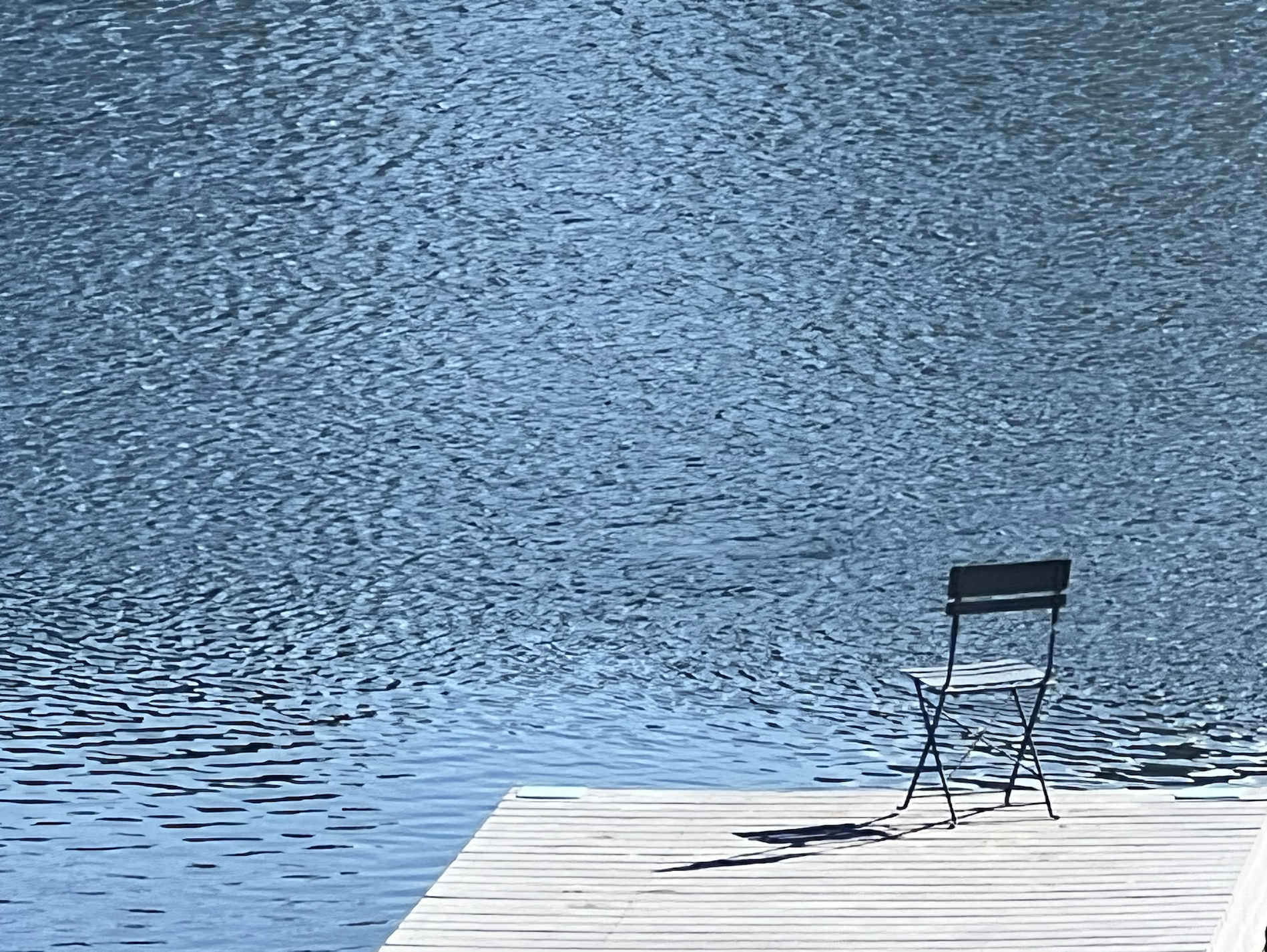
A friend recently shared a Margaret Mead story that was told by physician and author Ira Byock.
Margaret Mead, anthropologist, was asked by a student what she considered to be the first sign of civilization in a culture. The student expected Mead to talk about fishhooks or clay pots or grinding stones.
But no. Mead said that the first sign of civilization in an ancient culture was a femur (thighbone) that had been broken and then healed. Mead explained that in the animal kingdom, if you break your leg, you die. You cannot run from danger, get to the river for a drink or hunt for food. You are meat for prowling beasts. No animal survives a broken leg long enough for the bone to heal.
A broken femur that has healed is evidence that someone has taken time to stay with the one who fell, has bound up the wound, has carried the person to safety and has tended the person through recovery. Helping someone else through difficulty is where civilization starts, Mead said.
Civilization grows from caring for each other. Yes. I like that part of the story and history. I would also suggest that caring for each other has many important nuances in today’s culture of groups, teams, and human beings learning to go together.
Caring for each other includes helping to develop imagination together. It includes some wonder. It includes some wander. It includes leaning in to multiple unknowns, not certain of where the paths will lead but compelled to move on.
Caring for each other includes truth telling that goes beyond merely feeling good. It includes saying things out loud to discern what one really believes. It includes counting on the people that we are with to be more that fact checkers, but also thoughtful listeners and thoughtful connectors.
Caring for each other includes following mystery. It includes not just surrendering to an unknown, but rather, commitment to an unknown. I would suggest that there is always more not seen than seen. We need each other to even entertain the experiments that take us beyond personal and collective edges.
Caring for each other includes interrupting patterns. It includes interrupting patterns of toxic devisiveness that pull people away from each others’ long term good at the expense of short term sensations of winning and superiority.
Thighbones. Thighbones healed. It’s the healing that indicates civilization, working together. Feels like time for some important healing in contemporary culture, no? Feels like time to claim and choose civilization.



